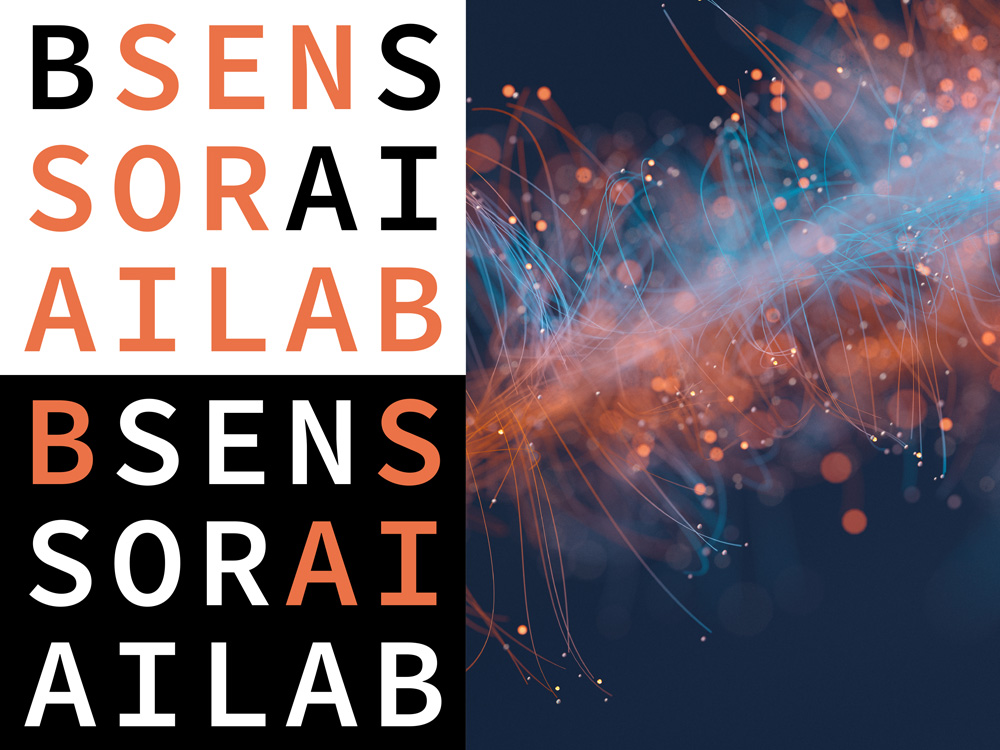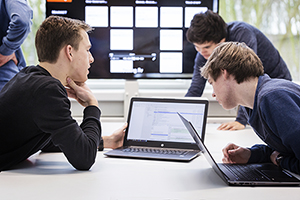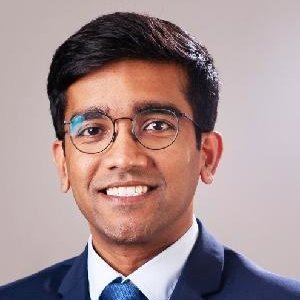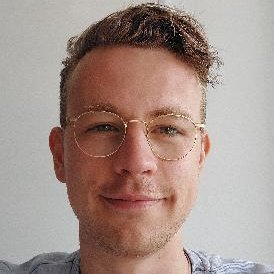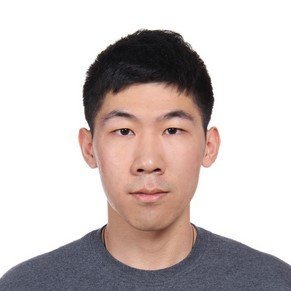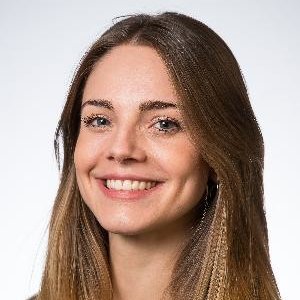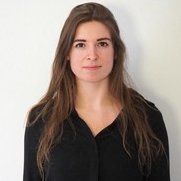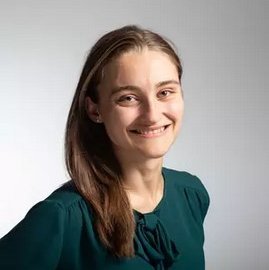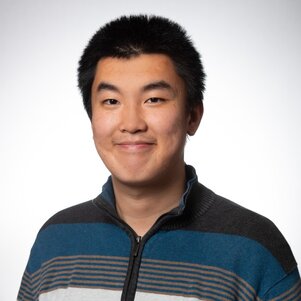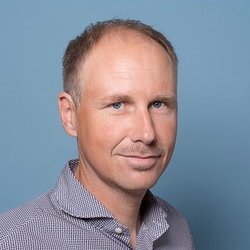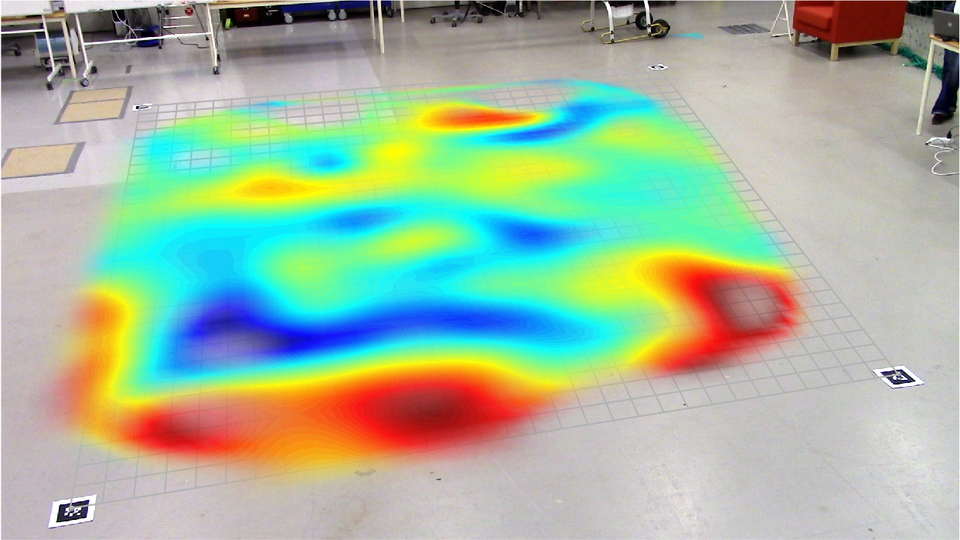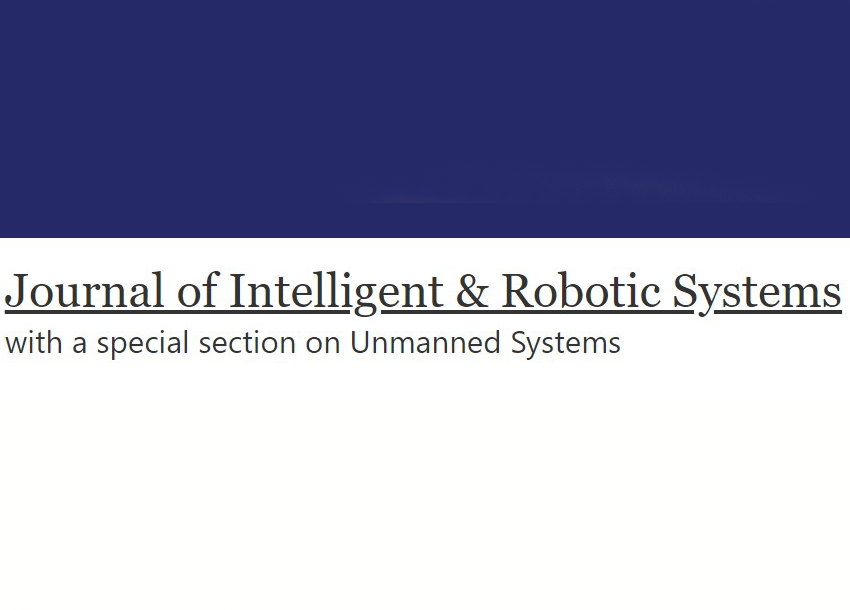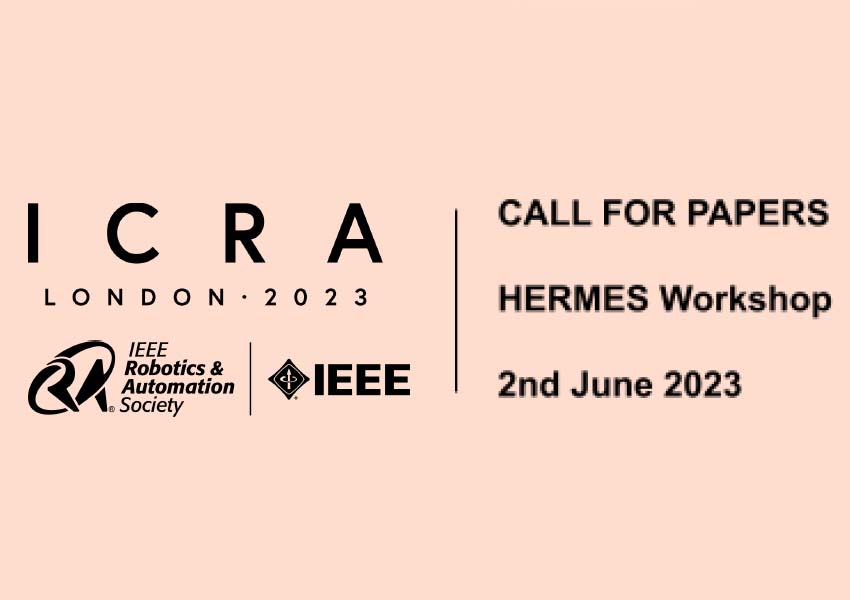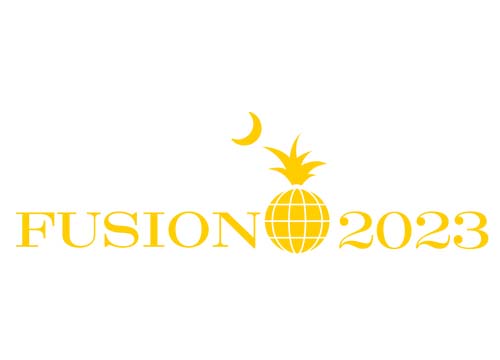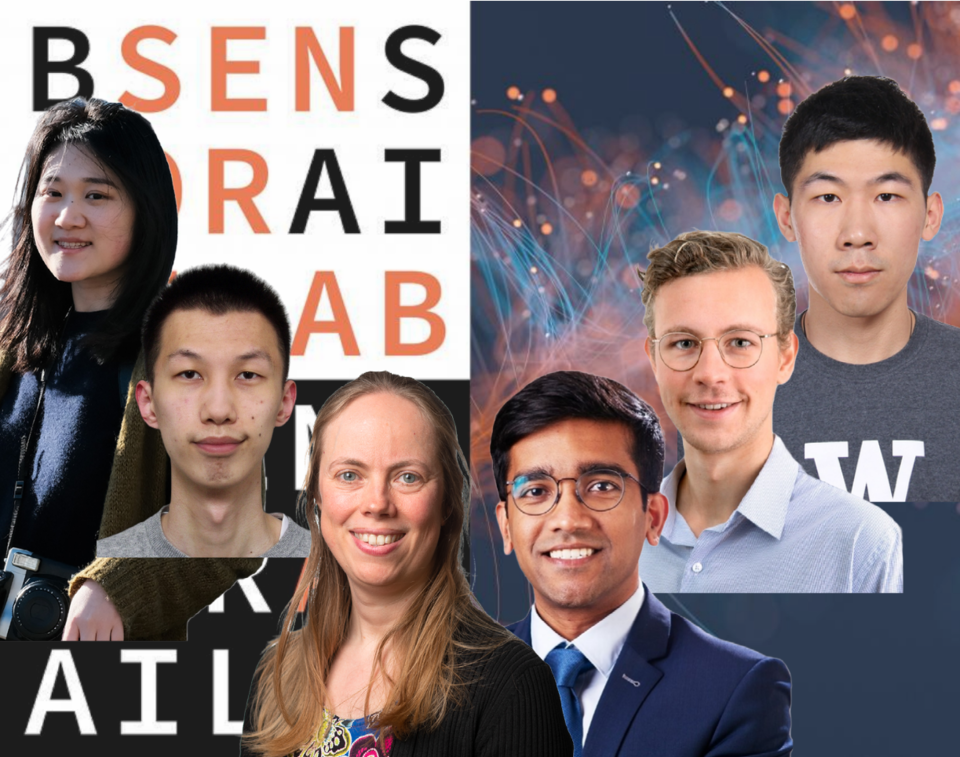Sensor AI Lab
AI for Sensor Networks
Sensors are everywhere – measuring, processing and inferring from the environment. We also carry sensors with us personally, wherever we go. These sensors are present in smartphones and activity trackers, and provide information about where we are, how we are moving and what we are doing. Technological advances have made sensors more available and more accurate over recent years, opening up many exciting applications.
The field of sensor fusion focuses on combining data from different types of sensors in order to extract more information than that available from each sensor alone. Physical knowledge can be used, for instance about how a system can move over time or about sensor properties. AI can also be used: new models can be established using data from sensors and sensor networks. Sensor AI unites the fields of sensor fusion and AI, bringing physical knowledge into AI to enable the extraction of more information from available sensor data.
The Sensor AI Lab focuses on developing novel algorithms, and on applying these tools in different fields. Examples include human motion estimation; distributed learning in sensor networks; and navigation of swarms of multiagent systems such as robots, ships, drones and satellites.
The Sensor AI Lab is part of the TU Delft AI Labs programme.
The Team
Education
Courses
2024/2025
- Filtering and Identification | SC42025
- Estimation and Detection | ET4386
2023/2024
- Filtering and Identification | SC42025
- Estimation and Detection | ET4386
2022/2023
- Filtering and Identification | SC42025
- Estimation and Detection | ET4386
2021/2022
- Filtering and Identification | SC42025
- Estimation and Detection | ET4386
2020/2021
- Filtering and Identification | SC42025
- Estimation and Detection | ET4386
2019/2020
- Filtering and Identification | SC42025
- Estimation and Detection | ET4386
Master projects
Ongoing
- Magnetic Field Mapping Using Spatial Derivative Measurements with Gaussian Process Regression, Manon Kok, Jeroen Beurskens (2023/2024)
- Automatic IMU-to-Segment Calibration Using Deep Learning Integrated with Physical Constraints, Manon Kok, Liuyi Zhu (2023/2024)
- A sensor fusion approach for accurate location tracking of artists on stage using two UWB/IMU sensors attached to the artist, Manon Kok, Maxime Hoekstra (2023/2024)
- Magnetic field mapping with a MOCAP suit using Gaussian processes with correlated noisy inputs, Manon Kok, Thijs van Dam (2023/2024)
- Low rank approximations in Gaussian processes, Raj Thilak Rajan, Ban Hanyan (2022/2023)
Finished
- Application of the Gaussian sum filter to magnetic field localization for achieving both accurate and efficient estimates in the case of multimodality, Manon Kok, Sing-Chi Hsu (2023/2024)
- Advancing the Kinetics Model in OpenSim for Human Motion Estimation Based on IMUs, Manon Kok, Xiaohan Tang (2022/2023)
- Scalable magnetic field modeling using structured kernel interpolation for Gaussian process regression, Manon Kok, Marnix Fetter (2022/2023)
- Magnetic field SLAM: using an inertial human motion suit and reduced rank Gaussian process regression, Manon Kok, Thijs Veen (2022/2023)
- Bathymetry SLAM using reduced rank Gaussian Processes and DVL range measurements - For real-time underwater position estimation, Manon Kok, Danny Looman (2022/2023)
- Autonomous Landing of an Unmanned Aerial Vehicle, Raj Thilak Rajan, Siddhy Ganesh Shetty (2022/2023)
- Cooperative Localization of Unmanned Aerial Vehicles using ADS-B, Raj Thilak Rajan, Xuzhou Yang (2022/2023)
- Robust Formation Control against Observation Losses, Raj Thilak Rajan, Zhonggang Li (2022/2023)
- Distributed Gaussian Process for Multi-agent Systems, Raj Thilak Rajan, Peiyuan Zhai (2022/2023)
- Low Complexity Detect and Avoid for Autonomous Agents in Cluttered Environments, Raj Thilak Rajan, Mosab Diab (2022/2023)
- Distributed Particle Filtering, Raj Thilak Rajan, Rui Tang (2022/2023)
- Enhancing Deep Networks through Customized Iterative Hierarchical Data Augmentation: A Study utilizing the Sussex-Huawei-Locomotion Dataset, Manon Kok, Max van Amerongen (2022/2023)
- Multi-Sensor Fusion of IMU, LIDAR and Wheel Encoders: Towards Tightly-Coupled Odometry, Manon Kok, Koushik Kumaran (2022/2023)
- Sensor fusion for estimating joint kinematics and kinetics of biomechanical systems - Validation using a robotic manipulator, Manon Kok, Jelle Boelens (2021/2022)
- Targetless Camera-LiDAR Calibration for Autonomous Systems, Raj Thilak Rajan, Bichi Zhang (2021/2022)
- Time Synchronization for Anchorless Satellite Networks, Raj Thilak Rajan, Felix Abel (2021/2022)
- Energy-Efficient Particle Filter SLAM for Autonomous Exploration, Raj Thilak Rajan, Elke Salzmann (2021/2022)
- Edge State Kalman Filtering for Distributed Formation Control Systems, Raj Thilak Rajan, Martijn van der Marel (2020/2021)

